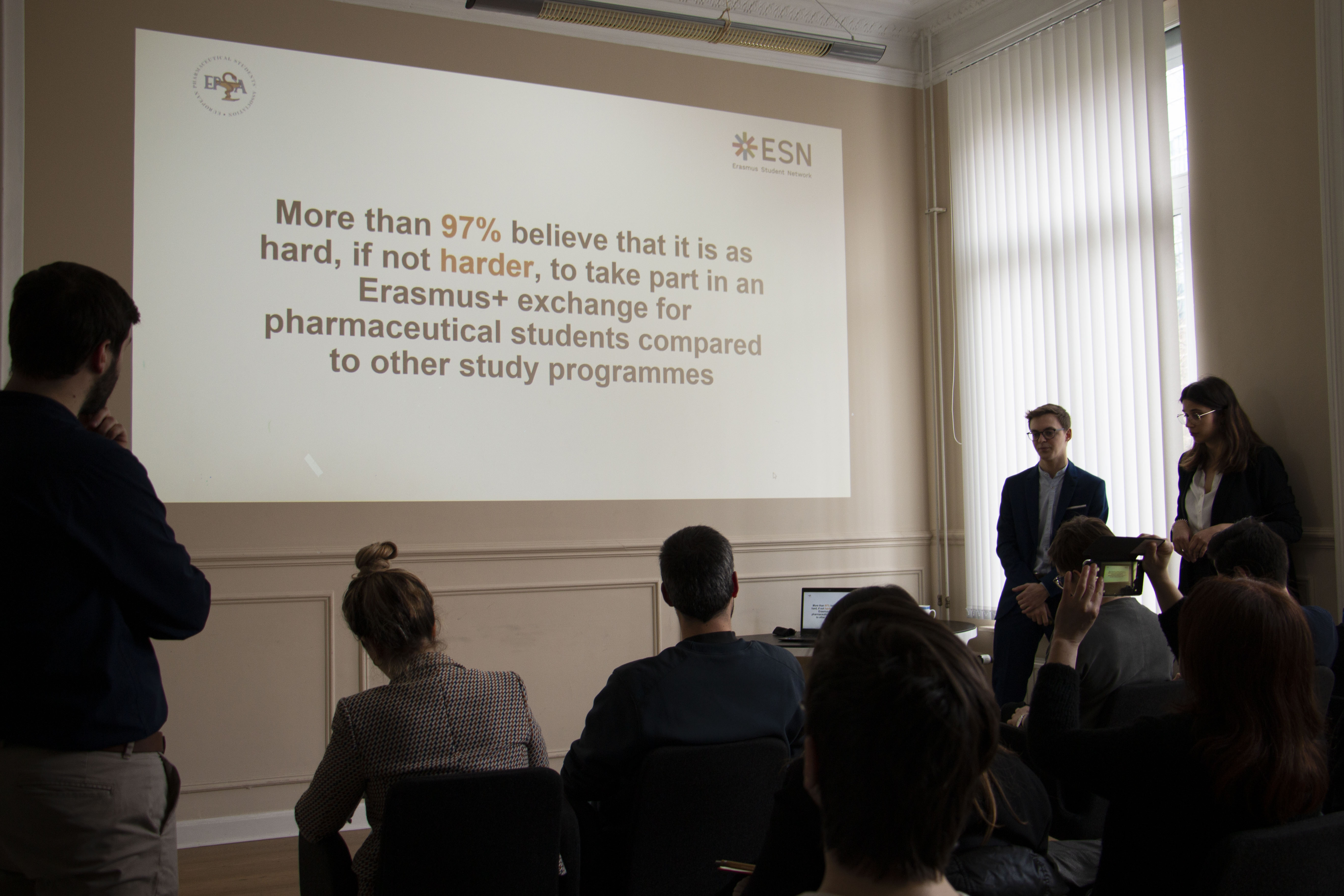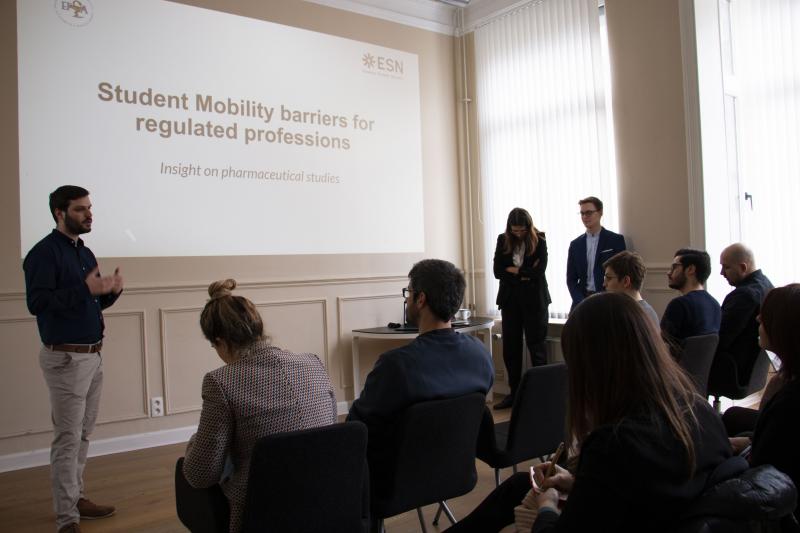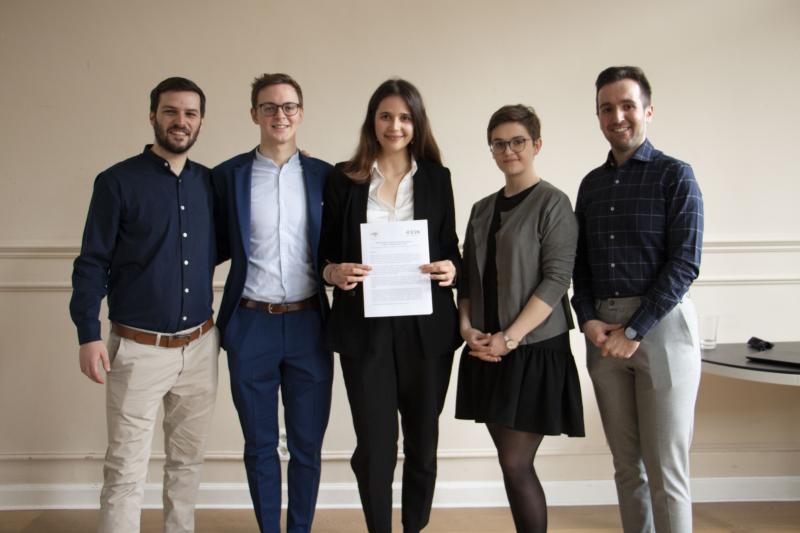
When reflecting on the Erasmus+ Programme and the path towards the internationalisation of education, not all degrees face the same ease of attainability. Degrees for regulated professions face a wide range of difficulties in regards to learning mobility, with a considerable emphasis on the recognition of studies abroad. The survey Obstacles in Student Mobility developed by the European Pharmaceutical Students’ Association showcases how pharmaceutical students struggle when trying to access Erasmus+.
On the last day of the second call for the European Universities Initiative, the European Pharmaceutical Students’ Association (EPSA) and the Erasmus Student Network (ESN) call for action towards a European Education Area which provides wider, fairer and more inclusive recognition systems for all degrees by 2025. Quality student mobility isn’t reached if not reached by all.
On the 26th of February, EPSA and ESN launched their joint position paper “Student Mobility barriers for regulated professions: Insight on pharmaceutical studies”. Throughout this paper, the NGOs reflect together on crucial actors to strengthen their efforts towards the promotion and inclusiveness of learning mobility experiences.
The European Pharmaceutical Students’ Association (EPSA) is a European independent, non-political, non-religious, non-profit, non-governmental students’ organisation committed to the interests of pharmaceutical students and youth. It represents more than 100,000 pharmaceutical students aiming to bring pharmacy, knowledge and students together. EPSA’s members are 44 pharmaceutical students’ associations across 36 European countries as perceived by the Council of Europe.
The Erasmus Student Network (ESN) is an international non-profit and non-political organisation which advocates for the quality and quantity of mobility experiences. ESN is based in 42 countries within the European Higher Education Area, is represented by more than 520 local associations, and stands for the enrichment of society through international students.


For further information and requests reach out to:
Tilen Kozole (EPSA) | +386 31 270 209 | [email protected]
Sabina Achim (ESN) | +32 470 47 22 25 | [email protected]


Follow ESN